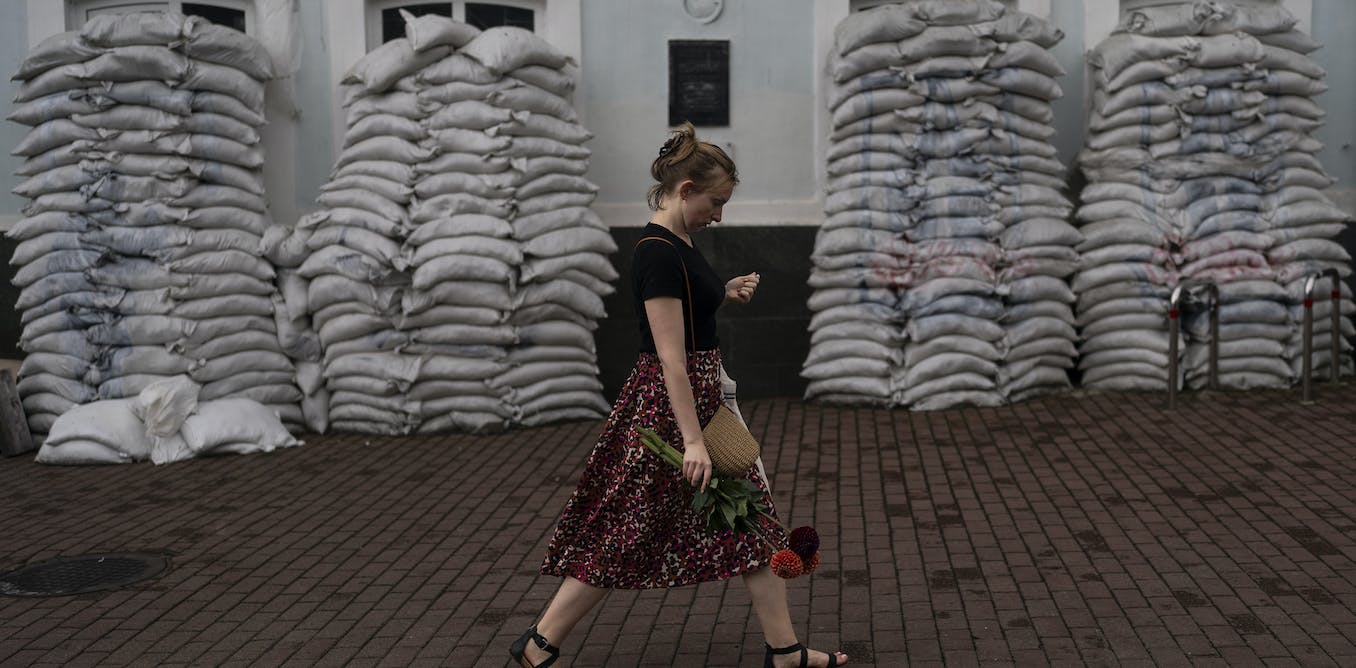The conflict in Ukraine has been ongoing for almost three years with no sign of a ceasefire. Many in the West are growing impatient with the stalemate and are reluctant to continue providing military support to Ukraine. However, there are concerns that offering peace agreements that involve ceding land to Russia could actually plant the seeds for renewed conflict. This is because such agreements can reward revanchism, or a state’s policy to reclaim territory it once dominated, and embolden an aggressor to use war to achieve its aims.
The example of the former Yugoslavia is cited as evidence of this. Even though it has been over 20 years since the end of the Yugoslav wars, the region is on the brink of renewed conflict as Serbia insists on representing and protecting all Serbs, wherever they live. The various peace treaties meant to stabilize and bring lasting peace to Bosnia and Kosovo have, to varying degrees, failed due to the terms of settlement. In Bosnia, the Dayton Accords awarded 49% of the territory to the Serbian Republic of Srpska, despite Serbs constituting only 31% of the population and having committed genocide and ethnic cleansing. Now, the Republic of Srpska seeks to secede and contravene the Dayton Accords.
In Kosovo, security threats from Serbia escalate with each peace agreement, as evidenced by recent armed attacks. Critics argue that Western appeasement of Serbia’s revanchism has led to further concessions in regard to Kosovo. The fear is that a similar fate may await Ukraine if a land-for-peace solution is implemented. It could result in the reorganization of Ukraine into two units, one under the control of a pro-Western government in Kyiv and the other under the influence or direct control of Moscow. The promotion of complex political arrangements, such as ethnic veto powers and dual sovereignty, could lead to institutional dysfunction and political instability. Additionally, there would be no robust security deployments or guarantees from the U.S. or NATO to deter future Russian aggression.
Overall, there are concerns that offering peace agreements that involve ceding land to Russia could reward revanchism and encourage further territorial claims. The examples of Bosnia and Kosovo show that such agreements may not resolve the root causes of conflicts and can instead store up trouble for the future. The Western support for Ukraine’s defense will likely lead to heavy involvement in any peace negotiations. However, it remains to be seen if a Western-imposed peace will appease Russian revanchism or leave Ukraine feeling betrayed.









